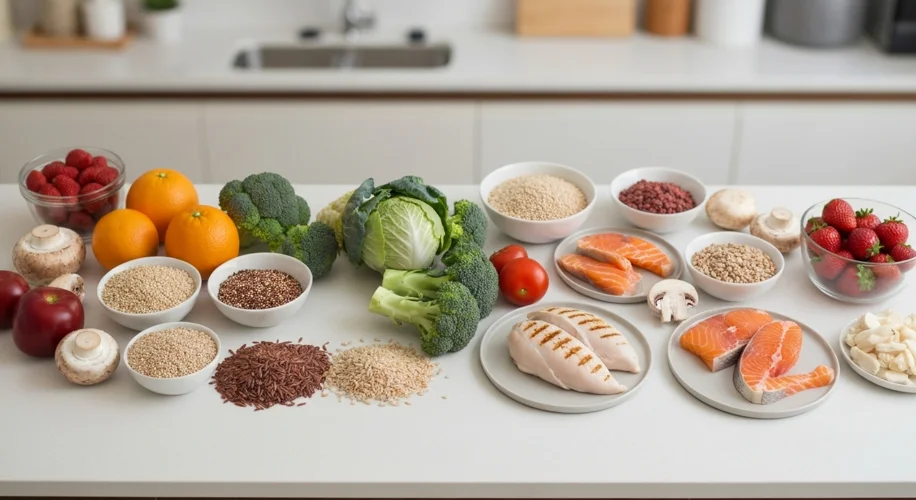Did you know that the foods making up about half of the average diet could be linked to a higher risk of lung cancer? It sounds serious, and it is. Recent findings suggest a connection between ultra-processed foods and an increased risk of lung cancer.
Let’s talk about what we mean by “ultra-processed foods.” These aren’t just foods that have been slightly altered, like canned beans or frozen vegetables. Ultra-processed foods are typically industrial formulations made from a series of processes and ingredients, many of which we wouldn’t find in a home kitchen. Think sugary drinks, packaged snacks, pre-packaged meals, reconstituted meat products, and many ready-to-eat breakfast cereals.
Why is this important? Because these foods are incredibly common in many people’s diets. Studies have indicated that consuming high amounts of these foods could increase the risk of lung cancer by as much as 41%. This is a significant jump, and it highlights how deeply our food choices can impact our long-term health.
As someone with a background in atmospheric science, I’ve always been fascinated by how interconnected complex systems are. Just as pollutants in the air can affect our respiratory system, the components and processing methods of our food can also have profound health implications. While the exact mechanisms are still being researched, scientists are exploring several possibilities.
One area of focus is the additives often found in ultra-processed foods. These can include artificial colors, flavors, preservatives, and emulsifiers. While approved for consumption, the long-term effects of consuming them in combination and in large quantities are not fully understood.
Another factor could be the nutritional profile of these foods. They often tend to be high in added sugars, unhealthy fats, and sodium, while being low in essential nutrients like fiber, vitamins, and minerals. This imbalance can contribute to inflammation and other chronic health issues, which are known risk factors for various cancers.
Furthermore, the processing itself might alter the food in ways that create potentially harmful compounds. High-temperature processing or certain chemical treatments could lead to the formation of substances that negatively impact cellular health.
So, what can we do? The good news is that being aware is the first step. Reading labels and understanding what’s in our food is crucial. Opting for whole, unprocessed foods – like fruits, vegetables, lean proteins, and whole grains – can help reduce your intake of ultra-processed items.
Making small, sustainable changes to our diet can have a big impact. It’s not about perfection, but about making more informed choices most of the time. By focusing on a diet rich in natural, unprocessed ingredients, we can support our bodies and potentially lower our risk of serious health conditions like lung cancer.

